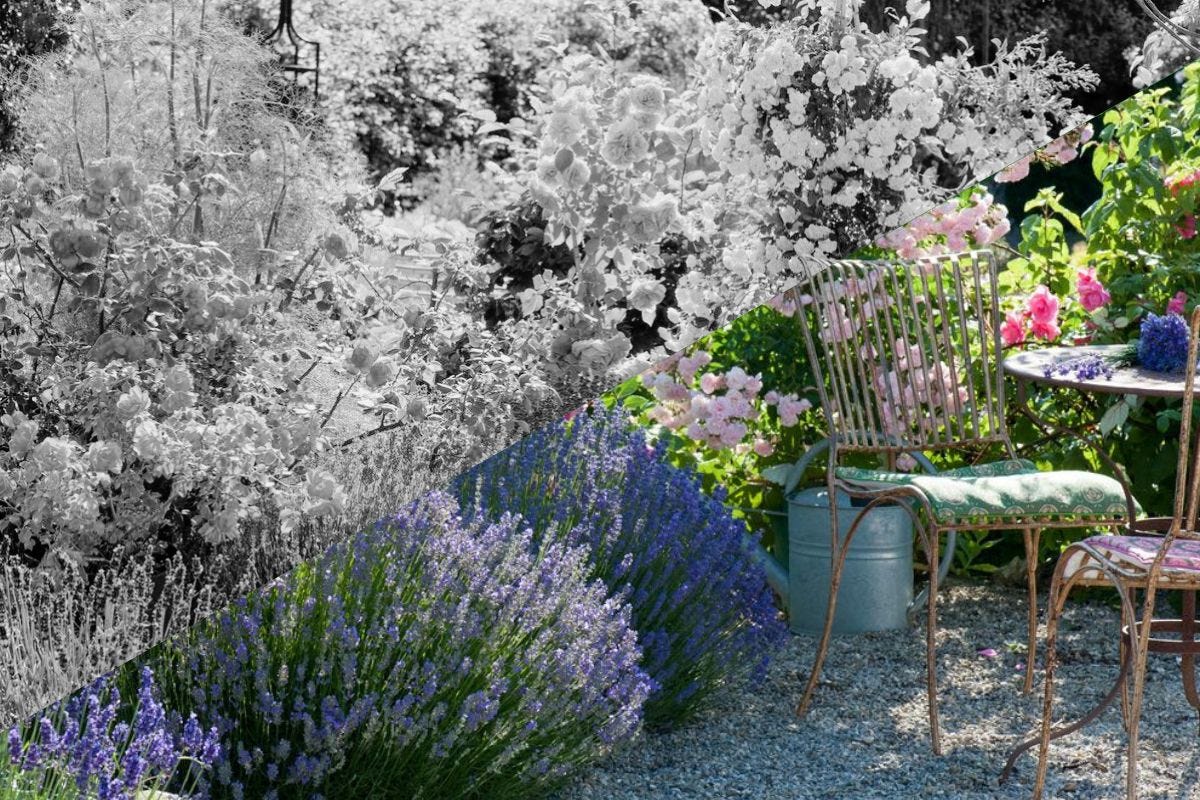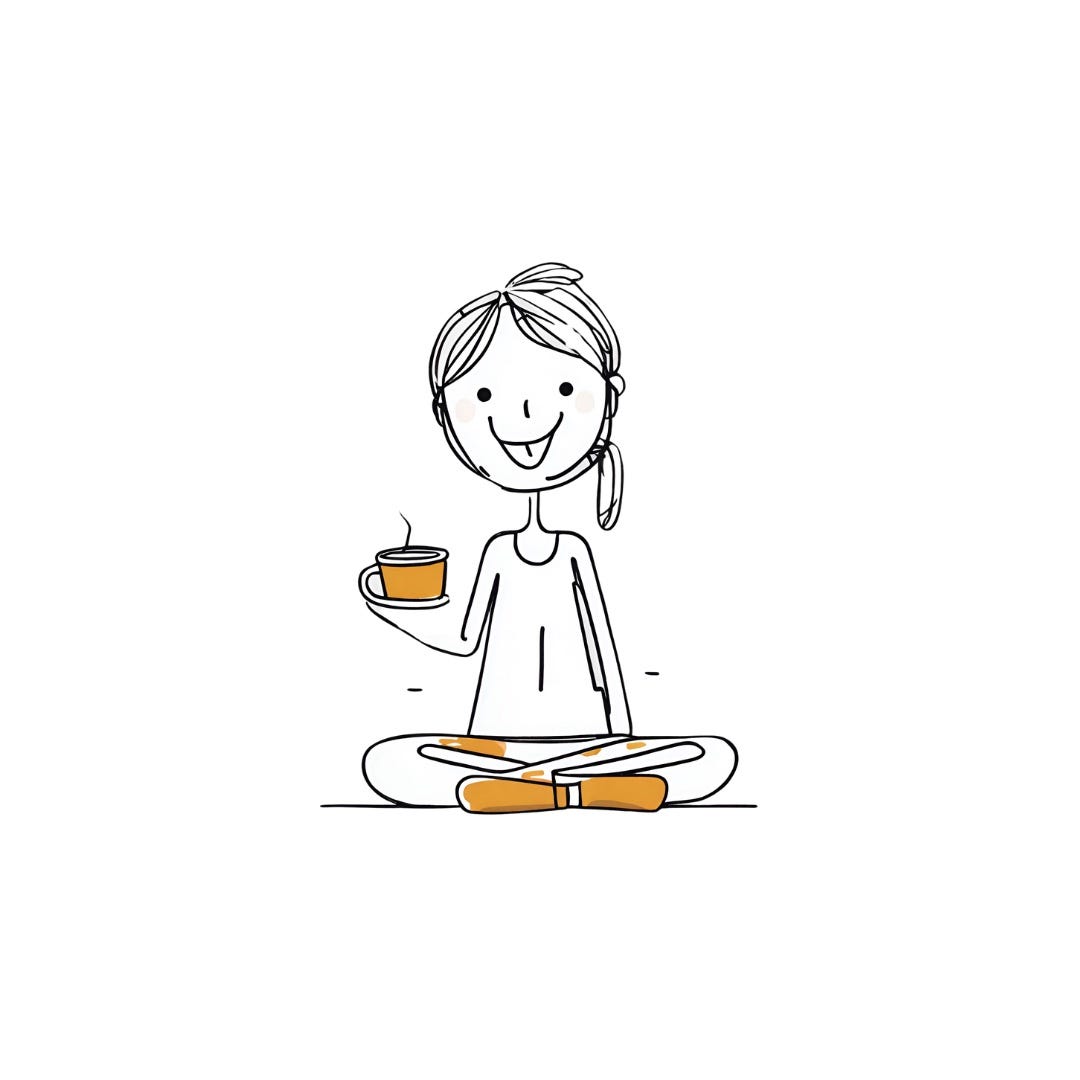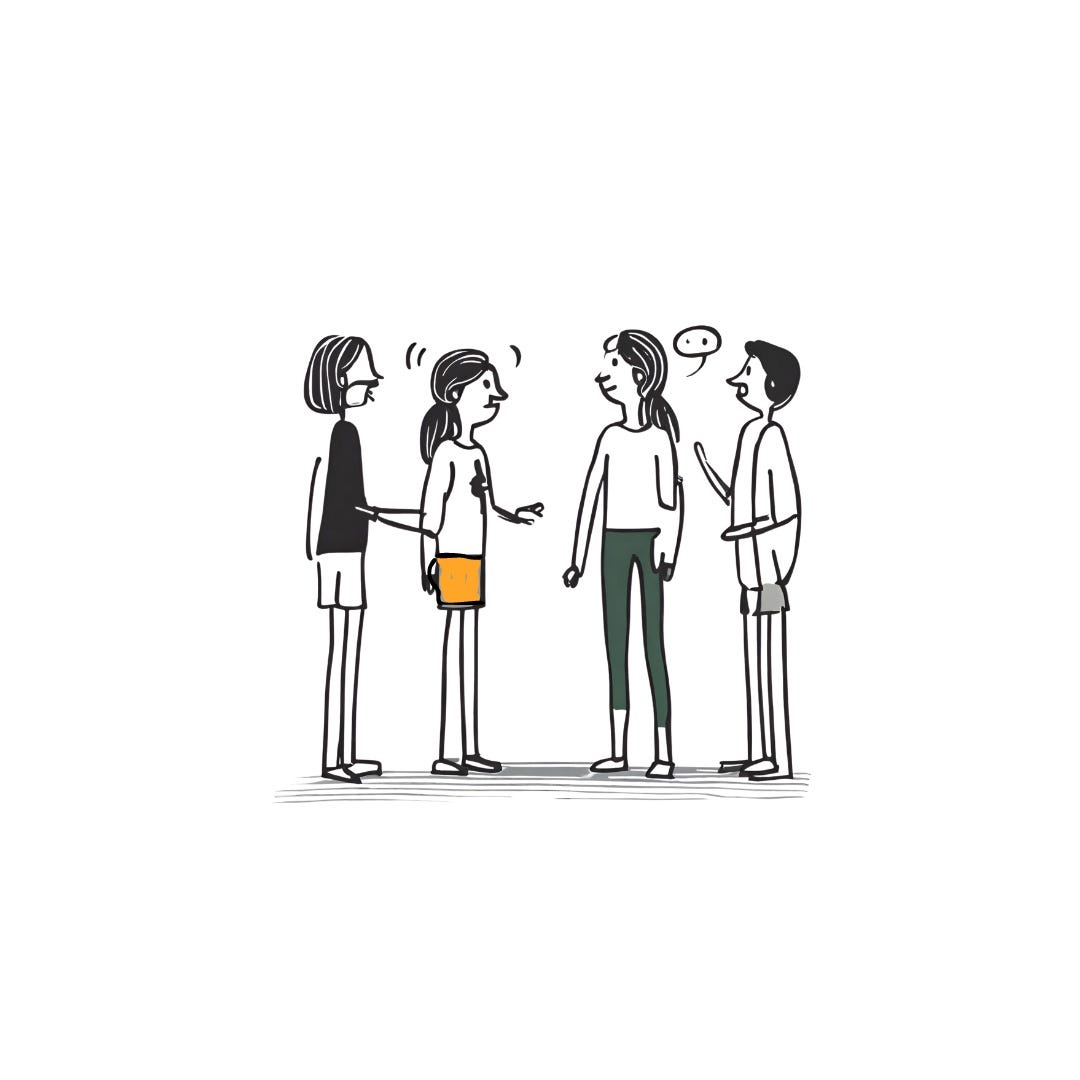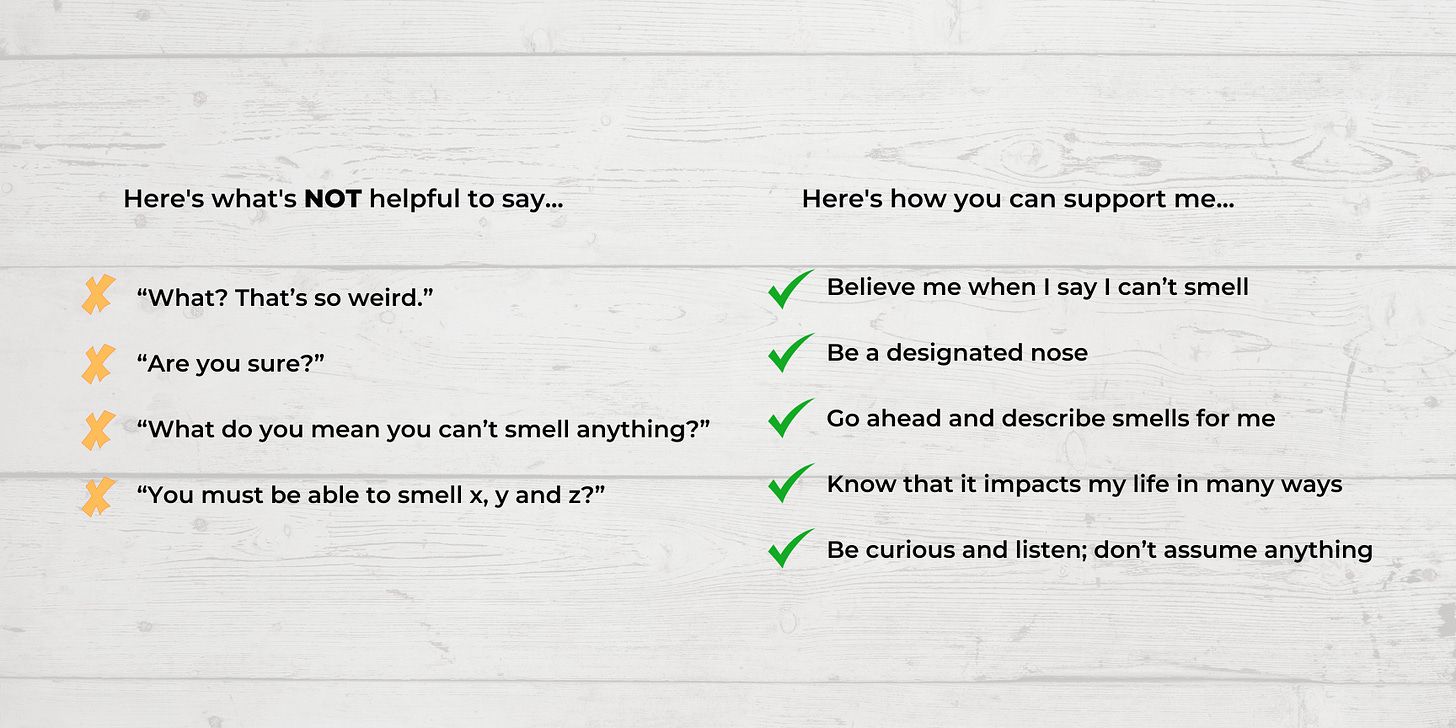Life in Shades of Grey
A reflection on lived experiences.
Today is Anosmia Awareness Day, a day dedicated to raising awareness for those living with no ability to smell. I’ve been working with the anosmia community for over 4 years now, and in that time I’ve made some incredible friends. True warriors who I admire greatly.
What I’ve learned, above all else, is that my friends living with a smell dysfunction are having a very different lived experience to my own. So, I thought I’d reflect on that a little here today, inspired by many conversations, but also by a very poignant article written by congenital anosmic Marta Tafalla called A World Without the Olfactory Dimension. I hope the following gives you something to reflect on as you live your life each day.
The First Cup of the Day
When I get up in the morning, one of the first things that I look forward to is my cup of coffee. What I love about the experience is not just drinking the coffee, but also making the brew - it’s the whole ritual, filled with aromatic delights.
It begins with opening the bag of whole beans, the whiff of sharp, deep, bitterness hitting my nose. I pour the beans into the grinder, the brown seeds jumping about in delight, then press the button, listening to the shrill sound of blades cutting away. In no time the room fills with a voluptuous, dark, chocolatey-sweet smell, which cues my husband in the other room that it’s almost time for breakfast. Meanwhile, my kettle increasingly gurgles as the water begins to boil, and then crescendos with an attention-seeking beep. I pour the ground beans into the filter sitting inside the cone and add just enough hot water to make the grounds bloom. I lean in to delight in a smooth, round, somewhat sweet smell which lets me know the brewing has begun. Slowly, as I add more water, my mug is filled to the rim with black liquid, and the smell becomes increasingly rich, silky, long, and confident. The whole process is extremely satisfying.
I’ll then go sit down at the kitchen table, mug in hand, and wrap my still-cold fingers around the hot ceramic cup. Before my first sip, I’ll close my eyes and take in the aroma, which quickly fills my nostrils. I drink the hot liquid slowly, savoring every sip. The flavor is full-bodied, chocolatey-sweet and nutty, yet slightly bitter, wide, purring, very creamy, and serene.
The whole experience relaxes my body, soothes my mind, and sets me up for the day. But what if you couldn’t smell? Here’s that same experience:
It begins with opening the bag of whole beans. I pour the beans into the grinder, the brown seeds jumping about in delight, then press the button, listening to the shrill sound of blades cutting away. Meanwhile, my kettle increasingly gurgles as the water begins to boil, and then crescendos with an attention-seeking beep. I pour the ground beans into the filter sitting inside the cone and add just enough hot water to make the grounds bloom. Slowly, as I add more water, my mug is filled to the rim with black liquid. The whole process is extremely satisfying banal.
I’ll then go sit down at the kitchen table, mug in hand, and wrap my still-cold fingers around the hot ceramic cup. I drink the hot liquid slowly. The taste is slightly bitter.
As you can detect, the anosmic experience relies on putting attention on the remaining senses. Nourishment is a completely different experience. You can see it, hear it, notice the taste, temperature, and texture, but coffee is bitter water, with a hint of sweetness if you add sugar. Tea is plain water. Wine is simply bitter.
Interacting with Others
We smellers think nothing of what it means to get together with other people. Without reflection, we’ll shower, put on deodorant, maybe spritz a little fragrance, and dress in clean clothes - because we’re versed in olfactory rituals such as these to make a good impression.
But, for a person who can’t smell, it’s not as straight-forward. In fact, it can be extremely stressful and time-consuming. Of course, they want to make a good impression, too. They don’t want to have bad body odor, stinky breath, smelly clothes, let alone repel people by wearing too much perfume.
But, for them, there’s information missing - they can’t smell themselves, nor the clothes they’re wearing. They wonder what olfactory impression they’re giving off. Is it an acceptable presentation? Is it offensive? Is it intrusive? Will they be shunned? It’s stressful, requires planning, and often leads to isolation.
The Hidden Sense
Not being able to smell is an invisible condition. It’s not obvious that a person can’t smell. So we smellers need to pay attention. Look for clues… Are they over-salting their food? Not eating enough? Eating too many salty and sweet foods? Do they shy away from coming out to eat? Do they not socialize that much? Do they not comment on obvious offensive/delightful smells in the air? These are signs to look for.
I’ll leave you with some tips that my friends living with anosmia have shared with me. Maybe they’ll help you in some small way.
If you’re interested in hearing first-hand accounts of life with a smell dysfunction, check out these An Aromatic Life podcast episodes:
#2: A World With No Smells w/ Dia Kline
#9: The New Smell & Taste Association of North America
#15: A Journey of Smell Loss w/ Fifth Sense Founder Duncan Boak
#30: Living with Parosmia
#34: Living with Hyperosmia
#46: Anosmia Awareness w/ Jacob LaMendola
#52: On Being a Designated Nose
#71: Holiday Strategies for Anosmia, Hyposmia, and Parosmia
#92: Connecting with Everyday Smells When You Have Smell Loss w/ Katie Boateng
Listen on Apple podcast, Spotify, Amazon Music, Google podcast, or wherever you get your podcasts.







